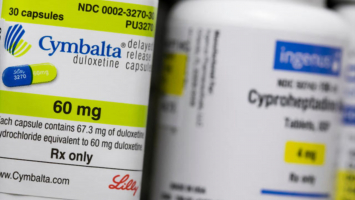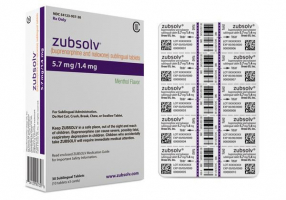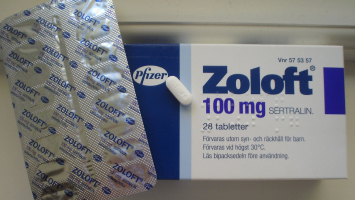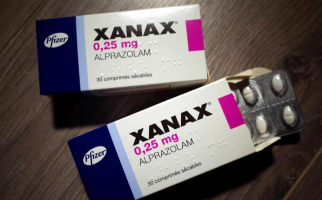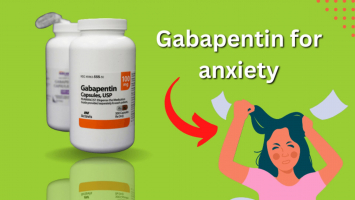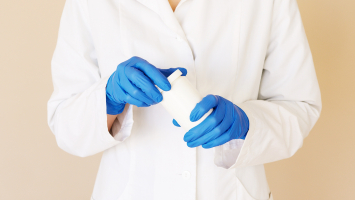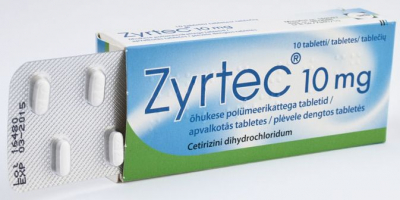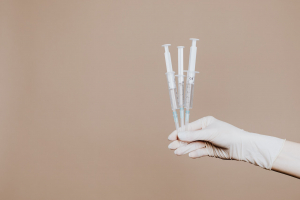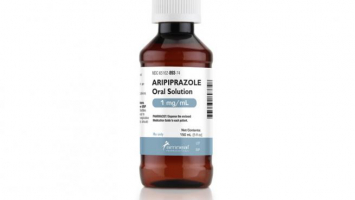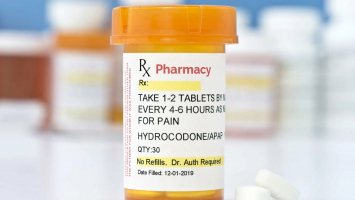Top 8 Things to Know About Adderall
The brand name Adderall refers to a combination medication known as mixed amphetamine salts, which contains four different amphetamine salts. ADHD and ... read more...narcolepsy symptoms can be effectively treated with Adderall, which is generally well tolerated. At therapeutic dosages, Adderall produces euphoric, altered sex drive, greater alertness, and improved cognitive control as well as emotional and cognitive impacts. This post will give you some things to know about Adderall.
-
Dextroamphetamine saccharate, dextroamphetamine sulfate, amphetamine aspartate, and amphetamine sulfate are the four distinct amphetamine salts that make up Adderall.
Although they don't fully understand how Adderall treats Attention Deficit Hyperactivity Disorder (ADHD), experts believe it raises the concentration of the neurotransmitters dopamine and norepinephrine at the neural synapse by blocking their absorption (the space between two nerves).
The class of drugs known as central nervous system (CNS) stimulants includes Adderall.
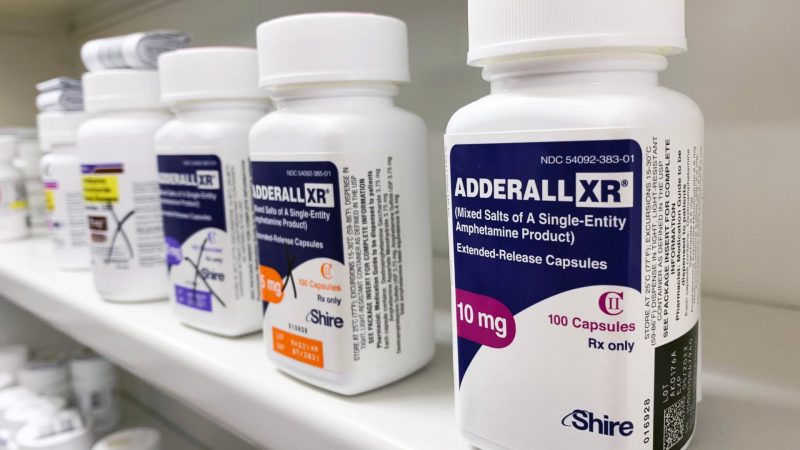
Photo: Poynter 
Photo: Outlook India -
Benefits of Adderall is the next thing to know about Adderall.
- Used to improve focus and lessen impulsivity and hyperactivity in the treatment of Attention Deficit Hyperactivity Disorder (ADHD).
- may be administered to help narcoleptics who need to be more attentive.
- When used for ADHD, Adderall should be combined with other forms of care, including psychotherapy, informational sessions regarding the condition, and assistance with social integration.
- FDA-approved for use with kids older than three.
- The generic version of Adderall is sold under the label mixed amphetamine salts (which may be abbreviated to MAS or M. amphet salts).
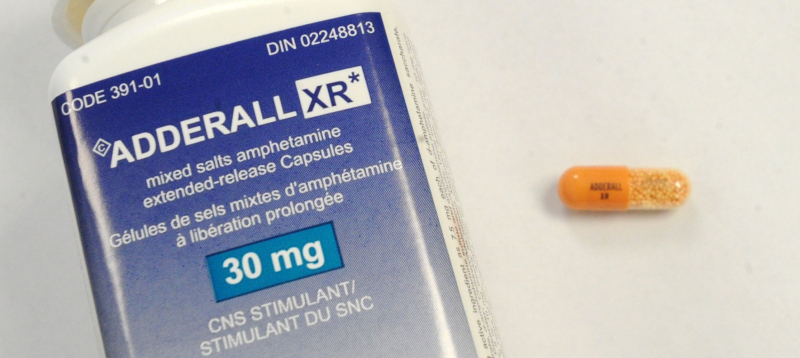
Photo: Seventeen Magazine 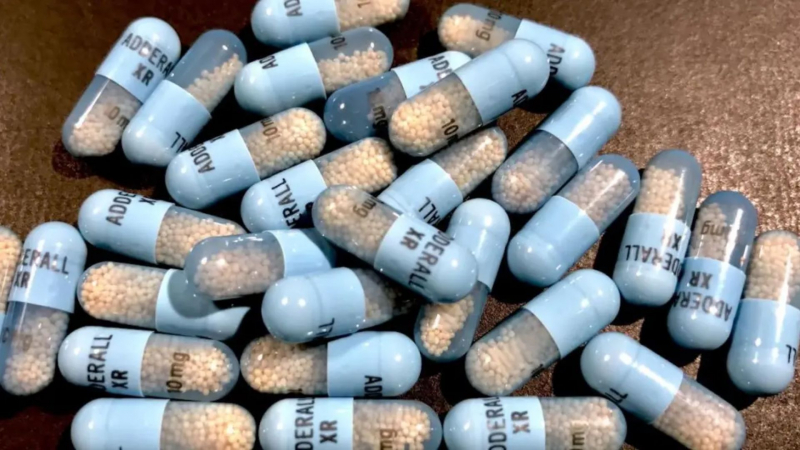
Photo: Medical News Today - Used to improve focus and lessen impulsivity and hyperactivity in the treatment of Attention Deficit Hyperactivity Disorder (ADHD).
-
You are more likely to have the following side effects if you are between the ages of 18 and 60, do not take any other medications, or have any other medical conditions:
- The most frequent adverse effects include insomnia (inability to sleep), headache, dry mouth, loss of appetite, agitation, and nausea.
- May also result in twitching, stiffness, or tightness of the muscles, heart palpitations, constipation and other GI issues, weight loss, changes in libido, alopecia (hair loss), and raised blood pressure.
- high likelihood of dependence, particularly when used for an extended period of time.
- high likelihood of abuse. may be desired by drug addicts or those that suffer from addiction disorders. Misuse may result in cardiovascular events or abrupt death. An identical form of psychosis to schizophrenia has been brought on by overdosage.
- Increased anxiety, tension, and agitation; potential to exacerbate pre-existing psychiatric conditions such bipolar illness, psychotic disorder, or mania.
- Until the full effects of Adderall are understood, use caution when driving or using machinery as it may impair judgment or reaction times.
- According to reports, giving youngsters aged 7 to 10 years old frequent Adderall may temporarily halt their growth. If growth suppression is suspected, doctors should keep track of patients' height and weight and consider interrupting treatment.
- may make peripheral circulation issues, seizure danger, and vision issues more likely.
- People who have certain heart issues might not want to use this medication since even at recommended dosages, the risk of sudden death increases. People who have thyroid disease, glaucoma, psychological illness, a history of drug misuse or agitation, tic disorders, seizures, liver or kidney disease, or circulatory issues may also not be suited.
- Possible drug interactions include those with other antidepressants, heart disease treatments, blood thinners, decongestants, tramadol, and proton pump inhibitors.
- Serotonin syndrome is characterized by mental status changes (such as agitation, hallucinations, coma, and delirium), a rapid heartbeat, flushing, trembling or tight muscles, and stomach problems (including nausea, vomiting, and diarrhea).
- When Adderall is abruptly stopped, particularly in people who have been taking more than the advised dose, extreme weariness and depression have been recorded.
- There have only been a few occurrences of priapism, which are painful erections that last more than six hours.
- Use of Adderall during pregnancy is not advised unless the possible benefits outweigh the risks. There are no controlled trials examining its use in pregnant women in humans. Case studies show severe congenital bone deformities and other birth problems, and animal research shows amphetamine prenatal exposure causes long-term neurochemical and behavioral changes in pups.

Photo: The Right Step 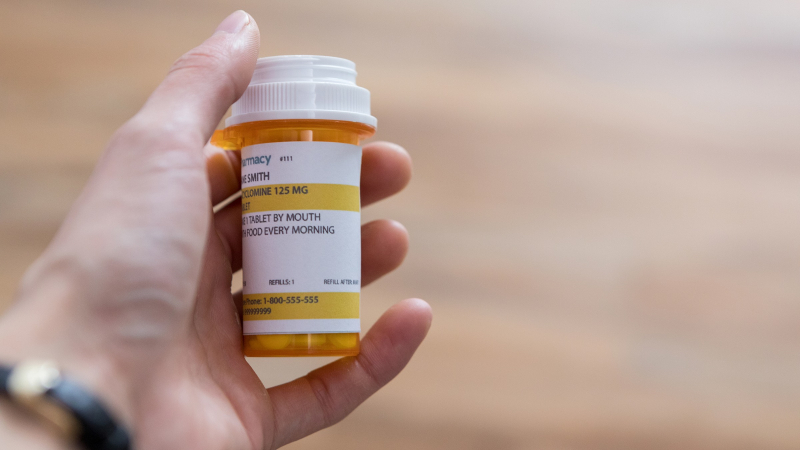
Photo: GoodRx -
Tips for using Adderall would be the following thing to know about Adderall.
- If taking once daily, take in the morning. To lessen the chance of insomnia if taking twice daily, avoid taking doses in the late evening.
- Both with and without meals are acceptable.
- Never change the dosage without consulting your doctor first, and always take the medication exactly as prescribed.
- Make sure your child participates in any additional psychological, educational, or social treatment programs that your doctor suggests, as these are crucial components of ADHD treatment.
- Avoid stopping Adderall abruptly unless there is an emergency. A withdrawal reaction could be induced by abrupt discontinuance. Extreme fatigue, depression, or agitation are among the symptoms.
- While using Adderall, if you develop chest discomfort, shortness of breath, fainting, or other unsettling symptoms including unexplained nausea or vomiting, a rapid heartbeat, agitation, hallucinations, coma, delirium, flushing, muscular tremor, or rigidity, you should seek emergency medical attention.
- In the event that Adderall impairs your judgment or reaction time, avoid using machinery or driving. Alcohol should be avoided since it may exacerbate these effects.
- If your fingers or toes suddenly develop any new numbness, pain, sensitivity, skin color change, or sores without apparent cause, get medical attention.
- Keep out of children's and animals' reach. Keep your medication in a secure, personal location that is hidden from anyone who might use it improperly.
- If you are pregnant or nursing, do not use it unless your doctor specifically advises you to.
- Consult a doctor if your symptoms don't improve after treatment, if they get worse, or if you start experiencing psychotic symptoms like hallucinations or psychotic symptoms like hearing voices.

Photo: By Crestview Recovery 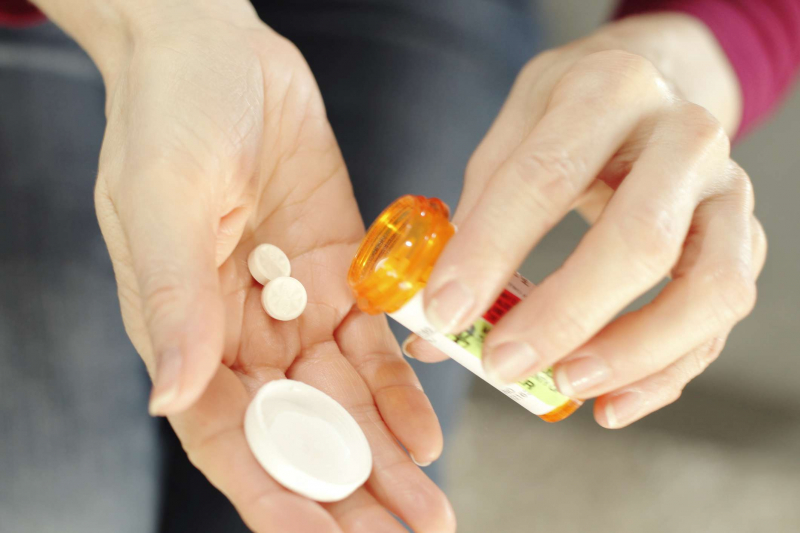
Photo: Verywell Mind -
Prior to using medications to treat ADHD, parent training in behavior management and/or behavioral classroom interventions should be implemented.
Effective at reducing impulsive behaviors and improving symptoms like concentration and focus.
Small studies have revealed Vyvanse-like efficacy. According to one study, both appeared equally helpful in enhancing a group of ADHD children's classroom-based behavior, including their ability to pay attention, follow rules, and connect with classmates and adults. Similar outcomes from a trial including 18 people with ADHD were reported. Vyvanse took three hours to start working while Adderall took roughly two hours, and the effects of each medicine lasted for about 16 hours. Most ADHD therapies have frequent side effects, including decreased appetite, sleeplessness, and stomach problems.
After a single dose, peak concentrations are attained in three hours.
Although not all of the hepatic enzymes involved in the metabolism of Adderall have been identified, CYP2D6 is known to be one of them, therefore there may be variances in how various people metabolize Adderall. Adderall may interact with various medications whose metabolism depends on CYP2D6.

Photo: Vita Record 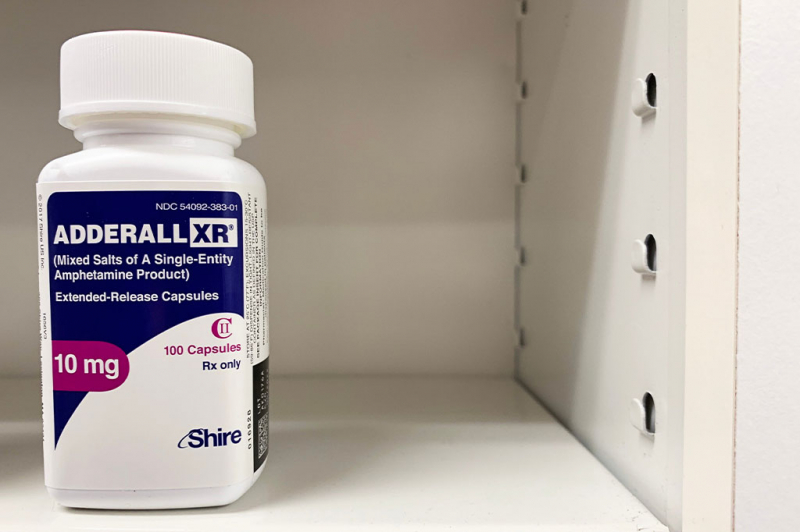
Photo: Banyan Treatment Centers -
When taken with Adderall, medications that interact with it may either lessen its impact, shorten its duration of action, amplify adverse effects, or have no effect at all. Even while it is not always necessary to cease taking one of the drugs, sometimes there is an interaction between two drugs. Consult your doctor to learn how to handle drug interactions. Typical drugs with which Adderall may interact are:
- anticoagulants (blood thinners), such as warfarin, or other drugs that have blood-thinning effects such as aspirin or NSAIDs
- anticonvulsants, such as phenytoin, phenobarbital, or primidone
- antidepressants, such as tricyclic antidepressants (eg, amitriptyline), monoamine oxidase inhibitors (eg, isocarboxazid, phenelzine, and tranylcypromine), or SSRIs (eg, fluoxetine, sertraline)
- antipsychotics (such as butyrophenones, phenothiazines, or thioxanthenes) and atypical antipsychotics (eg, olanzapine, quetiapine, ziprasidone)
- any medication that may cause drowsiness, such as benzodiazepines (eg, diazepam, lorazepam), first-generation antihistamines (such as doxylamine or promethazine), metoclopramide, or opioids (such as codeine, morphine)
- beta-blockers, such as atenolol, labetalol, or metoprolol
When using Adderall, avoid consuming alcohol and using illicit or recreational substances.
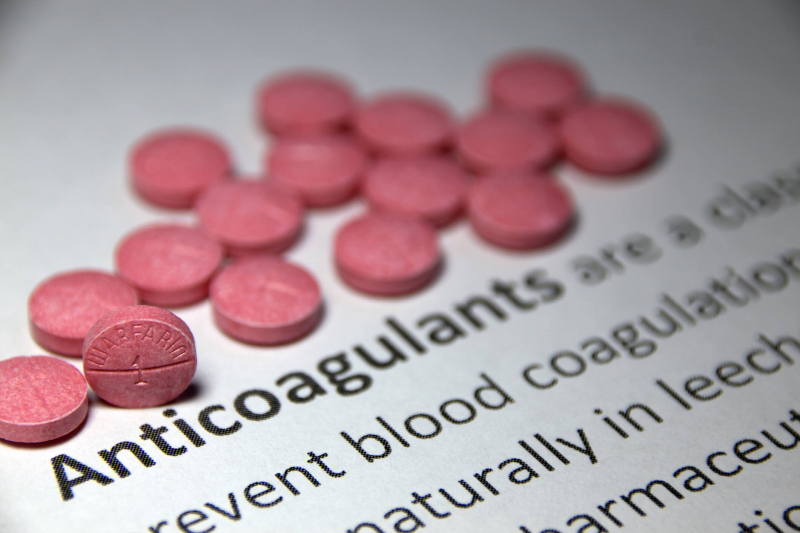
Photo: Williamson Medical Center 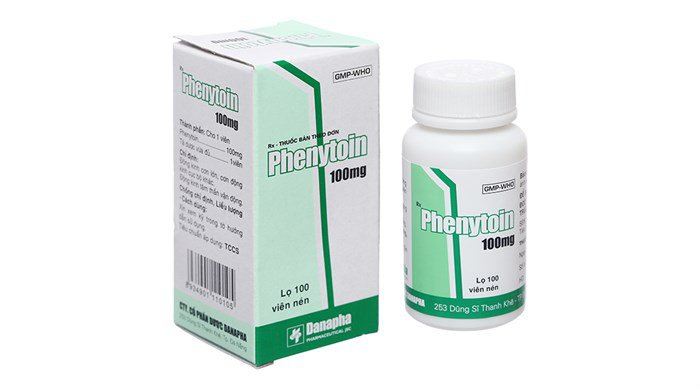
Photo: Vinmec -
With the right care, an amphetamine overdose can cause a wide range of symptoms but is rarely lethal. As dosage increases and drug tolerance to amphetamine declines, the severity of overdose symptoms also rises. Up to 5 grams of amphetamine per day, or nearly 100 times the maximum daily therapeutic dose, have been known to be taken by some people. The signs of a moderate and extremely large overdose are given here; convulsions and coma are typical symptoms of lethal amphetamine poisoning.
The symptoms of an Adderall or other amphetamine overdose can range from minor to severe. Sometimes, death is a possibility. In minor circumstances, you might feel:
- confusion
- headaches
- hyperactivity
- nausea
- vomiting
- rapid breathing
- stomach pain
In extreme situations, you might feel:
- hallucinations
- panic
- aggressiveness
- fever of 106.7°F (41.5°C) or higher
- tremors
- hypertension
- heart attack
- break down of muscles, or rhabdomyolysis
- death
Seek immediate emergency medical attention if you believe an Adderall overdose has occurred. Waiting till your symptoms worsen is not advisable. Call your local emergency services if symptoms worsen. While you wait for help to arrive, make an effort to maintain your composure and keep your body cool.
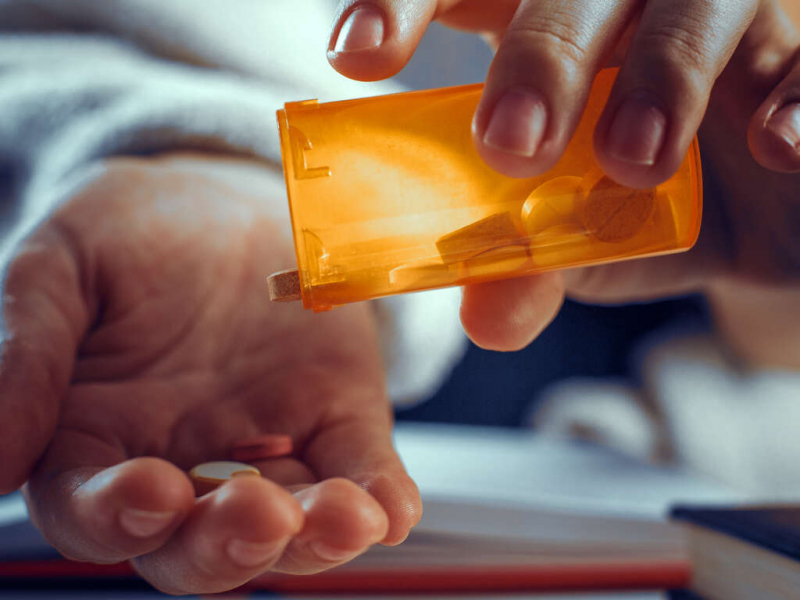
Photo: La Hacienda Treatment Centers 
Photo: Ark Behavioral Health -
Children over the age of three and adults with ADHD may benefit from using Adderall, a combination of four distinct amphetamine salts, to help them focus, increase their attention, or curb their impulsive behavior. Narcolepsy can also be treated with it. Adderall may lead to addiction and can induce sleeplessness. The only way to take Adderall is under a doctor's supervision. Never exceed your prescribed amount to prevent an unintentional overdose. Without consulting your doctor first, don't adjust it.
It might be exceedingly risky to use Adderall without a prescription or to combine it with other medications. It's impossible to predict how it might mix with your unique body chemistry, other drugs, or treatments you're taking. Keep your doctor informed if you decide to abuse Adderall recreationally or combine it with other drugs. They can assist you in comprehending your unique interaction and overdose risk as well as keep an eye out for any modifications in your general health.

Photo: The Daily Beast 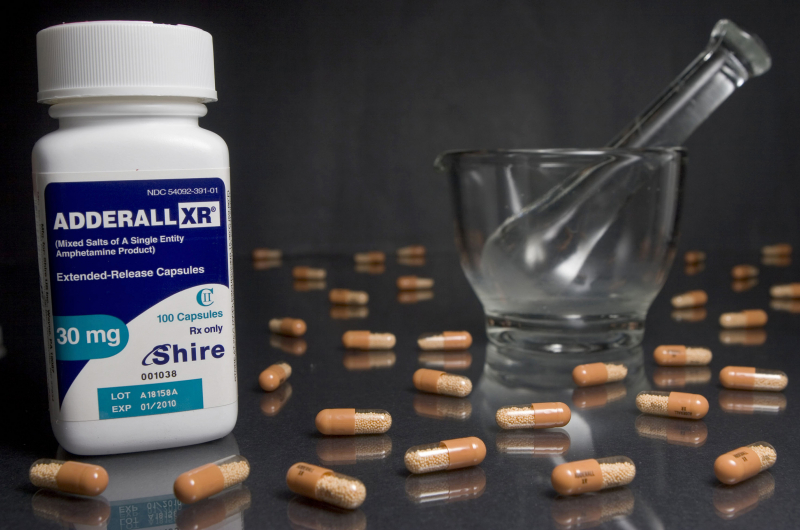
Photo: TODAY













